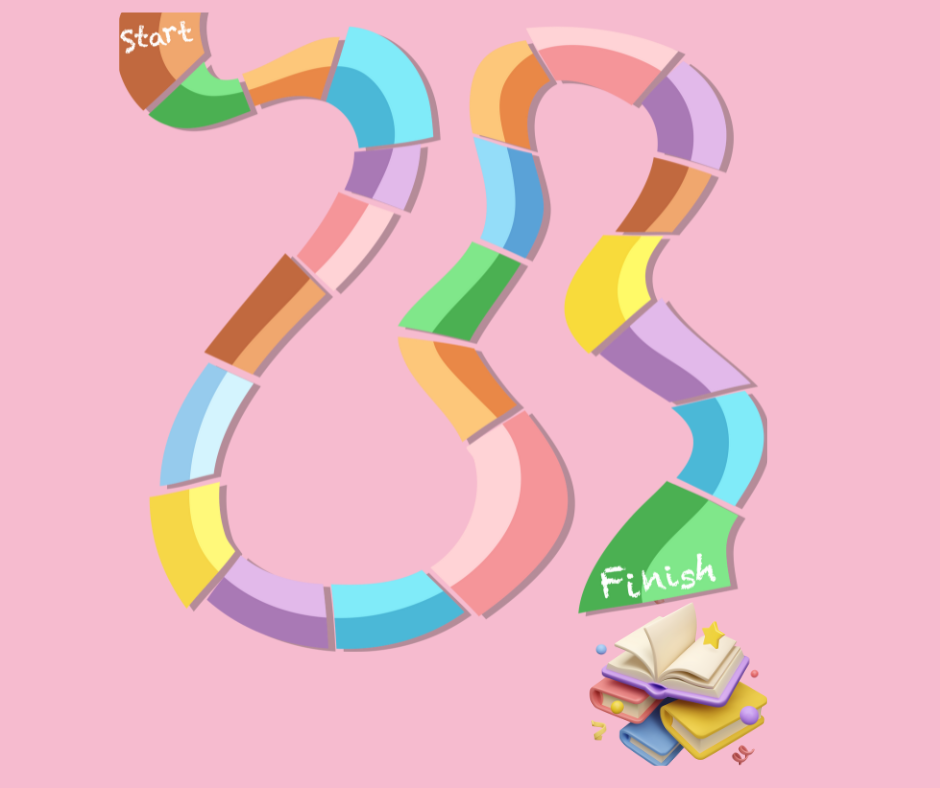10 Things I Wish I’d Known When I Started Writing Romance

I think many people, myself included, dream of best seller status and making a living selling books when they first sit down to write the story rattling around in their brains. What most don’t consider is all the moving parts that are involved in writing, publishing, and marketing books. I bumbled around for a long time before I found my stride.
Here are a few things I wish I knew when I started my writing career:
One: Writers Groups Are a Must
I got my start in non-fiction writing and in 10 years I wrote two books. Then I joined a writing group, and over the next five years, I wrote seven books (mostly fiction), and that doesn’t count my ghost writing projects. The difference was the support, feedback, and information I gained from writing groups.
Writing groups are worth their weight in gold (if you get into a good one). These groups will give you the real-deal information and tips you need to know from writers who have been where you are and are now where you want to be. Books and blogs are helpful too, but there’s something about hearing directly from other writers on what worked and what didn’t that is invaluable.
The critique you’ll receive will help you learn the craft of writing faster, including the little hacks and tips that beef up your writing instantly (like eliminating filler words and reducing dialogue tags). You’ll get a sense of how readers will experience your book (what doesn’t make sense or plot holes) so you can fix them. My writing improved by leaps and bounds through critique and edits. I’ve internalized much of the tips and feedback I’ve received, so first drafts go quicker and require fewer edits.
Writing groups provide support from other writers who understand the challenges of writing and living life with made up characters yammering all the time in your head.
BTW…you can join Write with Harte FREE to gain access to a growing library of downloadable tools and guides, a weekly email filled with information and resources, and a weekly Zoom call to ask questions, get support, and have fun with other romance writers.
Two: You’ll Never Read a Book the Same Again
To be honest, this can be a bummer, but it will also reveal how much you’ve gleaned about good writing from your writer’s group and editors. For me, I frequently question authors’ use of a dialogue tags when they’re not needed. This is true of big-five-published authors, as well as indie authors. A well-known romance author sometimes head hops (point-of-view character jumps back and forth). These are things I never noticed until I became a writer.
Stephan King says that writers read as a way to learn about writing. It’s true. But it also affects the way you read and sometimes the enjoyment of reading.
Three: There’s No Secret Sauce (or Magic Formula) to Writing
Yes, there is story structure and plot expectations. Yes, there are “rules” of craft designed to make your writing exciting to readers. But there’s no one way to execute all this. Being a pantster (writing by the seat of your pants) isn’t right or wrong, or better or worse than plotting your novel, despite what die-hard pantsters and plotters might tell you.
Typing versus handwriting versus dictation–no right or wrong option. Following plot beats to the word-count-T or not–no right or wrong. Plotting dual lines for each main character or a single entwined plot–no right or wrong.
Scrivener or Word? Write in the AM or PM? Desk or laptop? Home or java joint? There is no hard and fast rule about any of this. The secret is to find what works for you.
There is value in talking with other authors and learning what works for them, especially if the typical writing suggestions aren’t working for you. But ultimately, you need to do you. The best way to figure out your writing style and tools is testing until you find the ones that work best for you.
Four: How to Turn Off the Inner Critic
One of the hardest hurdles to overcome is writing drivel. When the words don’t flow, or the ones that do are flat on the page, it’s easy to stop writing (it’s one reason for writer’s block). But you need to think of writing as any other new skill you learn; you suck at first and get better as you go along. The more you do it, the better you get.
The key to developing as a writer is to learn to get what’s in your head on the page in a flow state, not worrying if the words or sentences aren’t adequate. You fix that revision. First drafts are like a black and white sketch. You need to get the basic elements of the story on the page, and go back later to shade for depth or add color, and sometimes erase what doesn’t work.
I have a caveat…remember when I said you have to do you when you write? There are some writers who will edit while writing the manuscript. But almost ALL of them will finish what they’re writing that day first, and then go back to revise/edit. The writing and editing aren’t happening simultaneously, but one after the other.
Five: Writing and Publishing Takes Longer than You Think
First books take the longest to write. The more you write, the faster you get. But the process of publishing has many moving parts, whether you want to traditionally publish or self-publish. There is often a lot of “hurry up and wait.”
Traditional publishing, in particular, takes forever. You wait to hear if an agent wants to represent your book. You wait for the agent to edit and submit to publishers. It takes forever to hear from publishers and longer than you think to get the contract from the publisher after they say they want the book. From the time you submit the final book to your publisher to publishing day can take 12 months to 2 years. Royalties come every six to twelve months.
Indie publishing can have its share of waiting as well. Waiting for your editor to put you on the schedule and edit the book. Waiting for your book covers. Waiting for your publishing platforms to approve the book. Granted, this waiting is a few days to a few weeks, but still…waiting is hard when you’ve got a book to share with the world.
Six: New Stories Come Fast and Furious
Writing a book opens the floodgate to ideas. Suddenly and frequently, you see or hear something and think, “That would make a great book.” Characters arrive unannounced and uninvited, wanting their own stories told. It’s reassuring to know you have lots of story ideas, but sometimes, all the stories can get crowded in your mind. Get a notebook or something to store all these great ideas.
Seven: Start Marketing Yesterday
I didn’t do this correctly during my non-fiction writing days, but I got right when I started my fiction writing career. Before my first fiction book was done, I built a website, started an email list, and set up social media platforms. Especially today, it’s more important than ever to start talking to your readers now about your book. It’s the best way to create interest in your book, and have book sales the day you publish.
Eight: Understand and Use Deep POV
Readers love books that take them on an emotional ride. The best way to evoke emotion is through the use of deep point-of-view in which the reader vicariously experiences everything your point-of-view character does. It uses the five senses to create tension and emotion. Readers feel like they’re right alongside your characters, seeing, feeling, hearing, and experiencing everything the character is. The flutters of first love the anguish of heartache, and everything in between.
Nine: Don’t Compare Yourself to Others
This is a tough one for me still. It can be hard to see other writers and wonder what you’re missing or what do they have that you don’t. There is so much at play when it comes to success and not all of it has to do with your story or the quality of writing. Marketing to the right readers in the right way is part of it.
I had an author say it was “Stardust” that has some authors taking off while other don’t. I’ve tried to find Stardust on Amazon, so far, no luck. All this to say that sometimes outside elements or luck play a part. Colleen Hoover didn’t shoot to fame because of something she did (beyond writing books readers enjoyed). She became the number one bookselling authors because readers talked about her books on TikTok and other social media. That’s stardust.
Ten: Being an Author is a Business
It would be nice to write, publish, and have a big bank account and raving fans. But it doesn’t work like that. Becoming an author requires a strategy beyond writing. Like any business, you need to focus on the quality of your product and the packaging (covers, description). You need a plan to find readers (marketing). And because it involves expenses and income, you need to have a separate bank account and a money management system to track the money going out and coming in.
I created an LLC and run all my businesses under the LLC’s umbrella, including my author business. But starting out, you can set up a sole proprietorship (which is free). You do need a separate business account to make Uncle Sam happy (at least in the U.S.) for tax purposes, but that’s easy to set up. NOTE: I’m not a tax or legal expert, so please contact professionals for more details on this. At the very least, visit your city or county’s small business website for information on starting a business in your area.






Responses